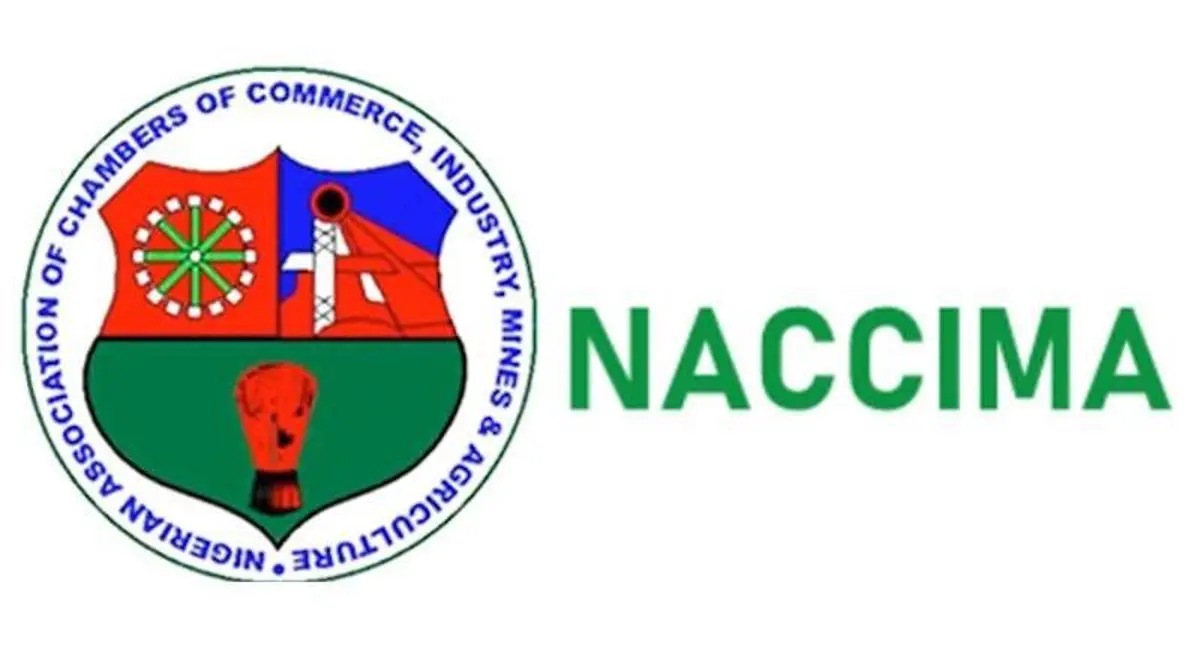NACCIMA boss charts path to growth
The National President of the Nigerian Association of Chambers of Commerce, Industry, Mines, and Agriculture (NACCIMA), Dele Kelvin Oye, Esq., on Thursday, advocated new pathways for creating a robust and resilient economic future for the country at the editors’ conference in Bayelsa State. Oye, who was a keynote speaker at the 20th edition of the All-Nigeria […]

The National President of the Nigerian Association of Chambers of Commerce, Industry, Mines, and Agriculture (NACCIMA), Dele Kelvin Oye, Esq., on Thursday, advocated new pathways for creating a robust and resilient economic future for the country at the editors’ conference in Bayelsa State.
Oye, who was a keynote speaker at the 20th edition of the All-Nigeria Editors Conference, shared insights on the multifaceted struggles of the nation’s economy, focusing on issues of resource mismanagement, the vital role of the media, and the path forward for a sustainable and prosperous Nigeria.
He said while President Bola Ahmed Tinubu’s administration had taken audacious steps and reforms to build a more sustainable and transparent economy, including the removal of the petrol subsidy, the payment of $6 billion in outstanding trade debts (leaving a balance of $2.4 billion unpaid), the increase in minimum wage, the implementation of a unified exchange rate, and the realignment of the Central Bank’s focus on price stability represent commendable steps towards reorienting our economic landscape, and there was the need to critically assess whether these reforms are being effectively harnessed for the benefit of all Nigerians.
- National grid collapses twice in 2 days
- NIGERIA DAILY: How ‘Lakurawa’ Prevent Us From Praying In The Mosque – Sokoto Residents
The NACCIMA boss also shared tips for enhancing media sustainability in Nigeria, including cultivating credibility, encouraging collaborative journalism, connecting with international opportunities, attracting sponsors and revenue, investing in research and investigative journalism, encouraging collaborative journalism, connecting with international opportunities, attracting sponsors and revenue, investing in research and investigative journalism, and embracing digital transformation, among others.
He listed increased foreign investments; enhanced oil production and revenue; higher government revenue and reduced debt ratio; support for youth and SMEs; housing initiatives; agricultural growth and food security; and minimum wage increase as positive effects of the Tinubu administration’s reforms on the nation’s economy.
He further identified key problems of the current administration and systemic issues that hinder the nation’s progress to include: poor management of the exchange rate; ineffective taxation policies; monetary policies that stifle growth; fiscal uncertainty; and structure of government.
To the editors, Oye charged, “As members of the guild, you embody these theoretical checks on government and society, helping to shield our people from poor policies, corruption, and the abuse of power. The future is in our hands, and together, let us write the next chapter of Nigeria’s story; one defined by transparency, accountability, and transformative growth.”
